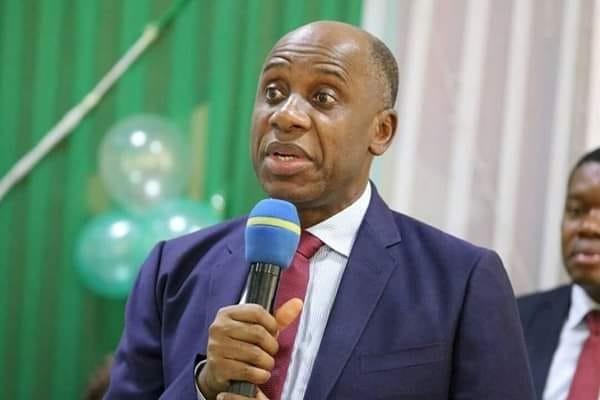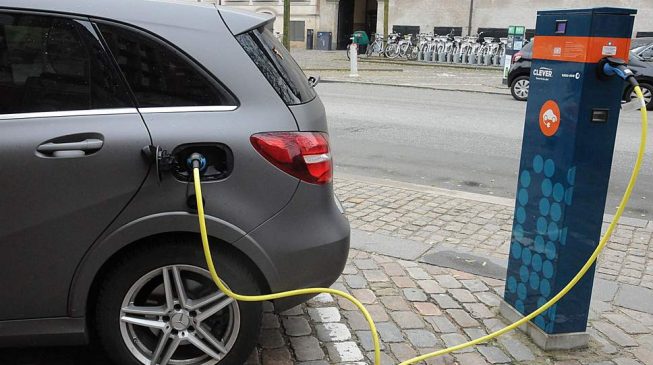As oil prices characteristically go up in post-election Nigeria, the federal government has announced a push to introduce solar-powered tricycles and motorbikes into the Nigerian market.
Nigeria’s Minister of Transportation, Rotimi Ameachi made the disclosure at an event organised by a national union of motorbike and tricycle owners and operators. He explained that the solar-powered transport vehicles would spare Nigerians from challenges posed by the increase in fuel price.


“What we have done is to ensure that we introduce into the Nigerian environment solar-powered tricycles. We are going to introduce in the sector tricycles that will not need to use fuel,” Mr Amaechi explained.
According to him, the plan was concluded in 2018 and implementation will begin in 2019.
But such lofty plans are typical of the government. At public functions, government and its representatives always share “plans” they want to implement but which they rarely do.
Regardless though, the increase in fuel price has brought upon Nigerians the burden which typically accompanies it. It is reminding Nigerians how thoroughly dependent the country is to oil. Typical, cost of transportation coupled with scarcity has made life difficult for many.
The government’s resort to solar-powered vehicles could be a cheaper alternative than pursuing a full electric vehicle strategy. Solar is self-sustaining, coming with batteries that guarantees some power to undertake nightly routes.
But a full EV plan would have needed increased spendings and planning to introduce features likes battery charging stations. These features are quite expensive.


However, some companies in Nigeria have already started the EV push dating back to 2015. Kia Motors for instance, introduced EVs that year and some users included Ben Murray Bruce, a Nigerian Senator. Another company, Nigus Enfinity last year unveiled partnership plans with a Chinese company to develop EVs for import to Nigeria. It plans to set up a Nigerian assembly plant by 2020.
Besides, Nigeria barely produces high amounts of electricity. An EV route would have been difficult no doubt.
Yet, solar-powered vehicles are not cheap either. The Nigerian Minister made no explanation on how it will be imported distributed. He also didn’t say whether the tricycles and Bikes will be subsidize or whether transporters would have to buy on hire-purchase etc.
Meanwhile, the Nigerian government has never been the most serious when it comes to implementing such agendas. The government frequently abandons plans almost immediately after announcing them. But with elections concluded, the government really has no need to pull legs. So can it really introduce solar-powered transports?






